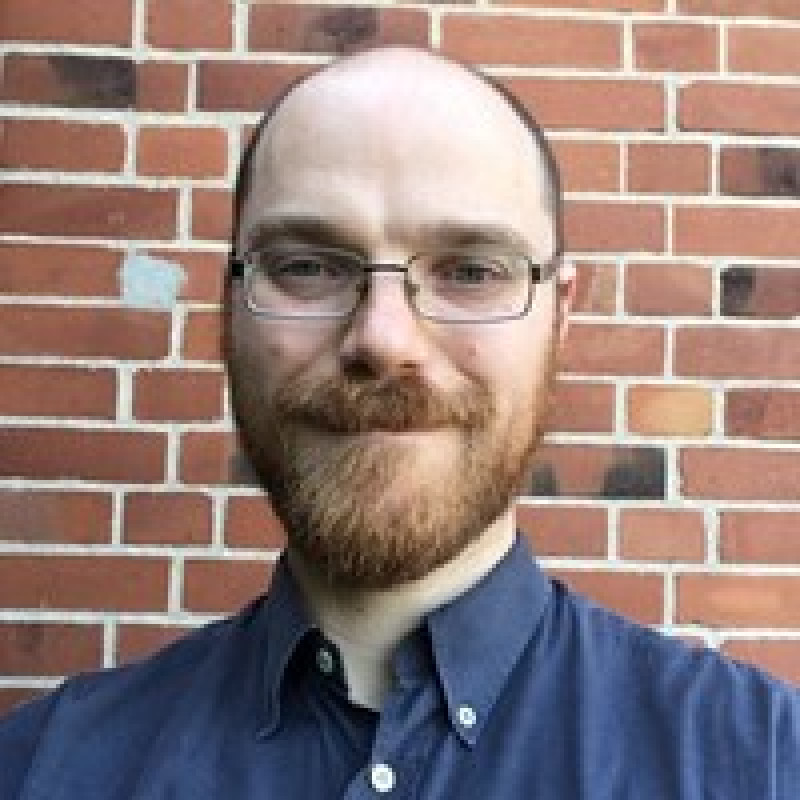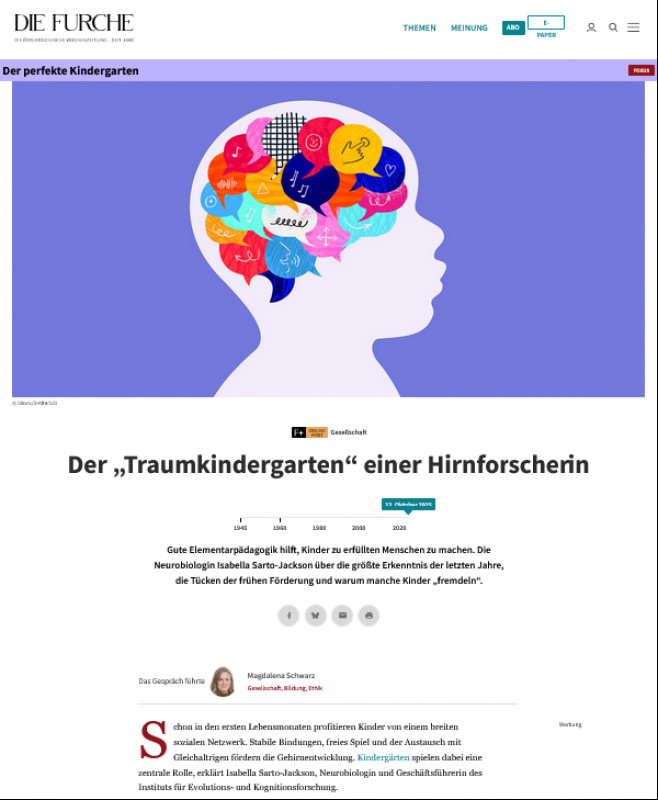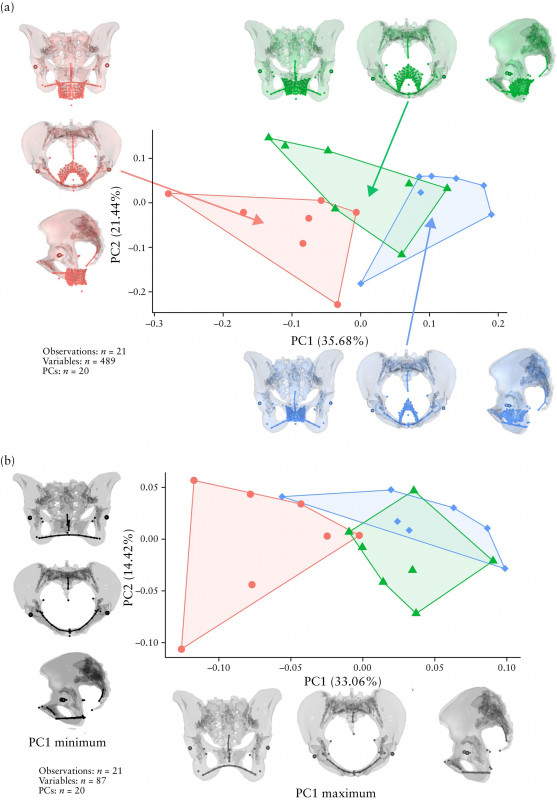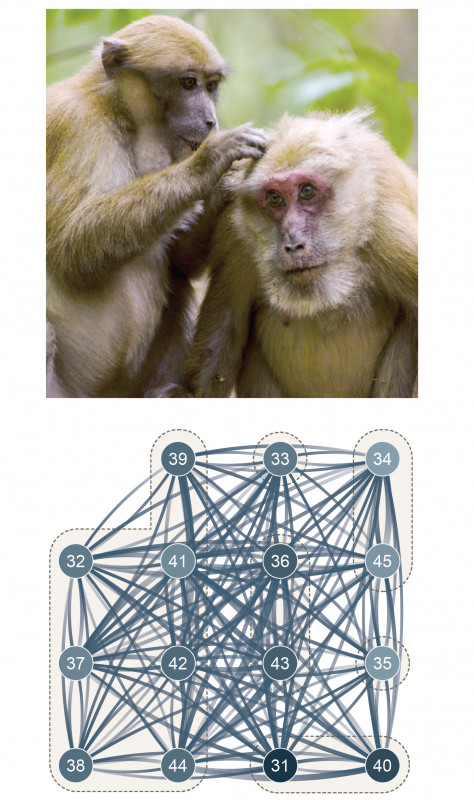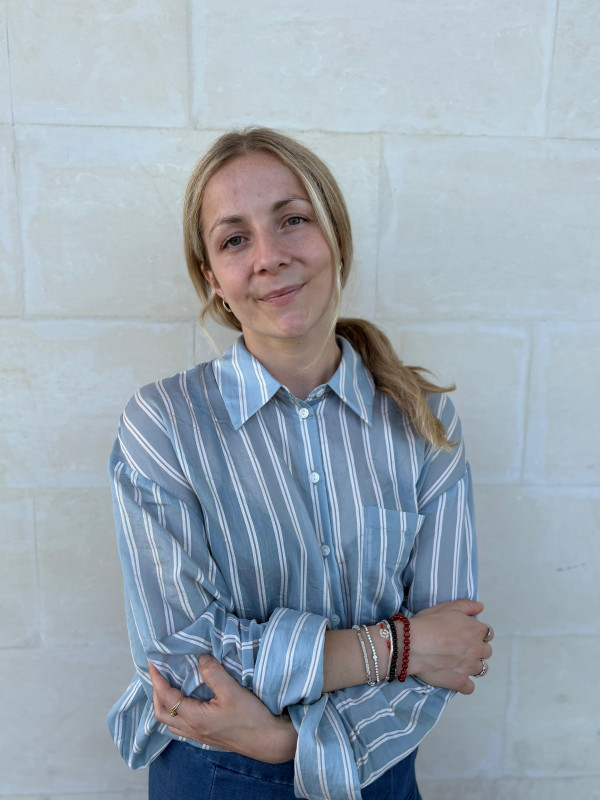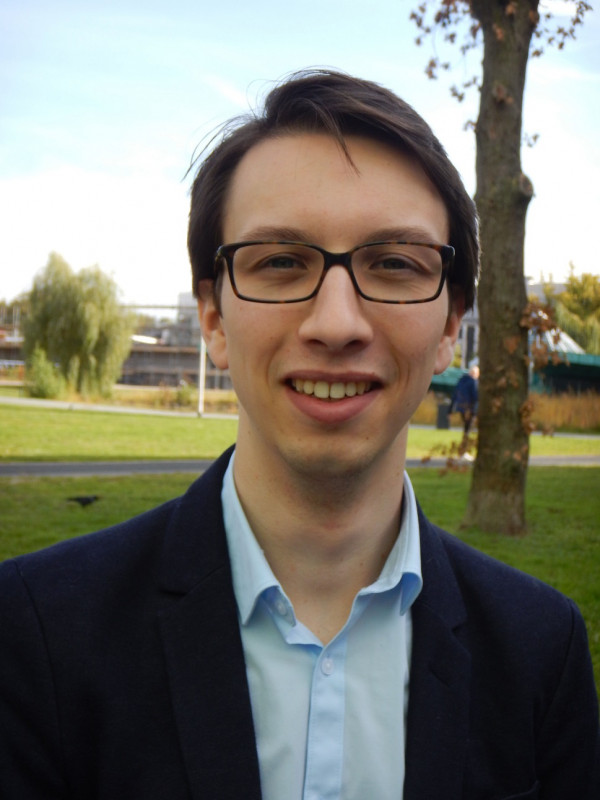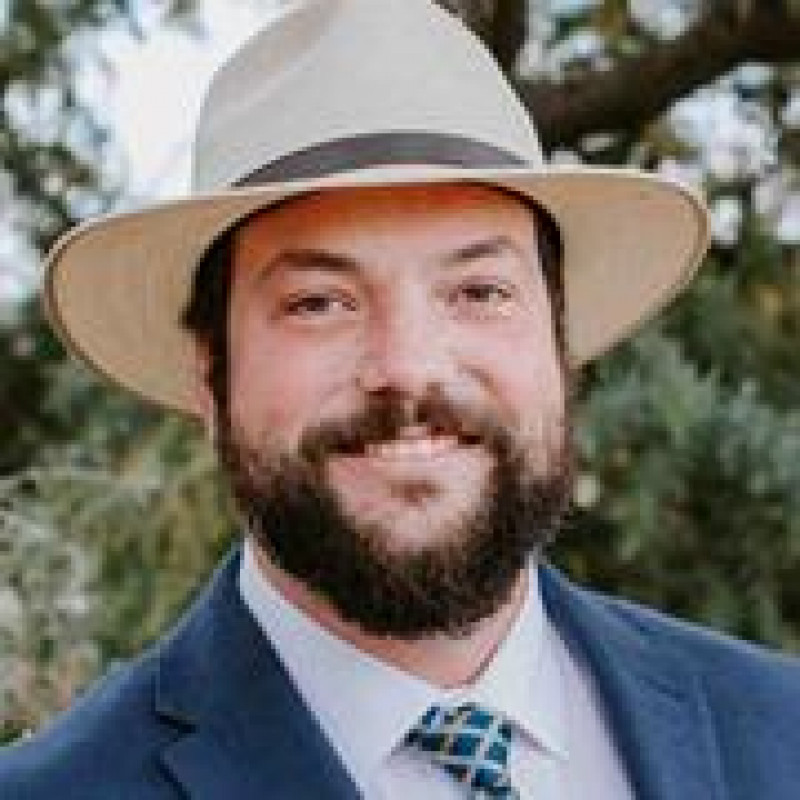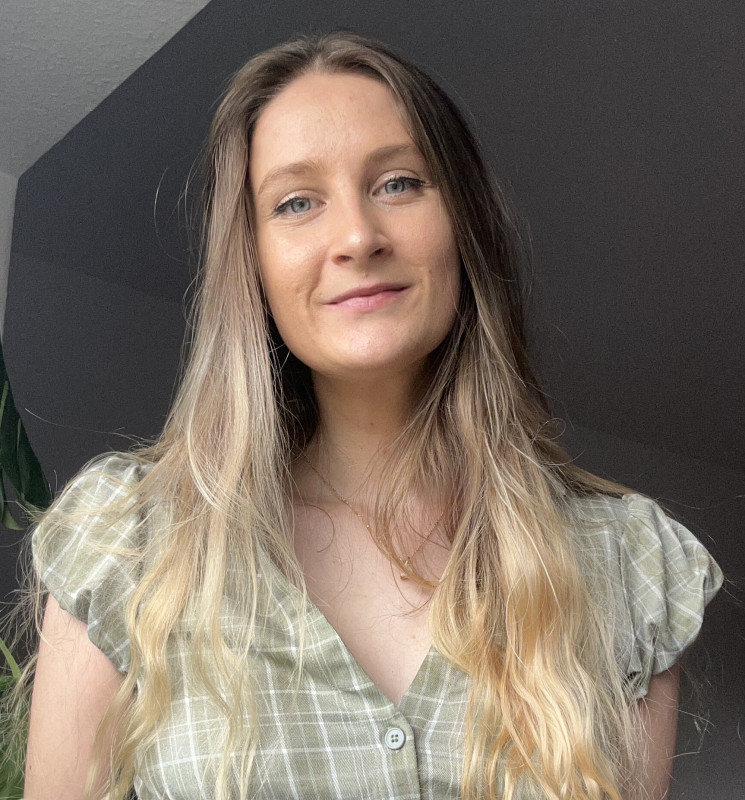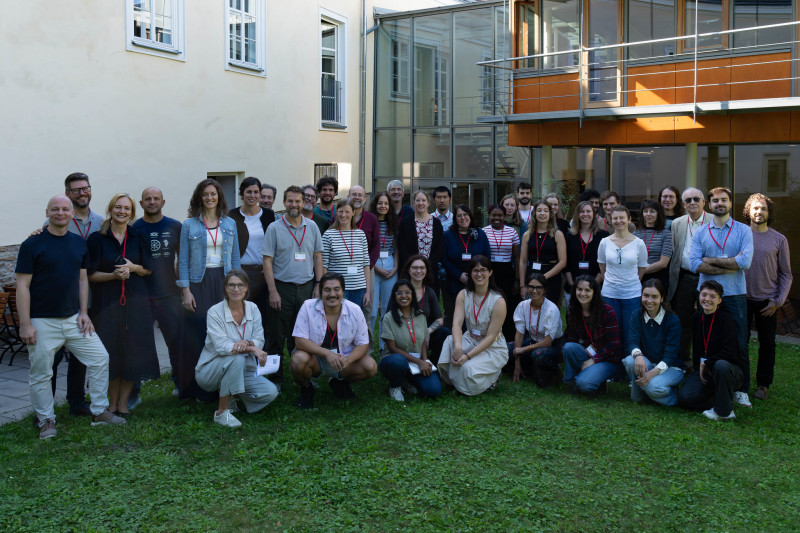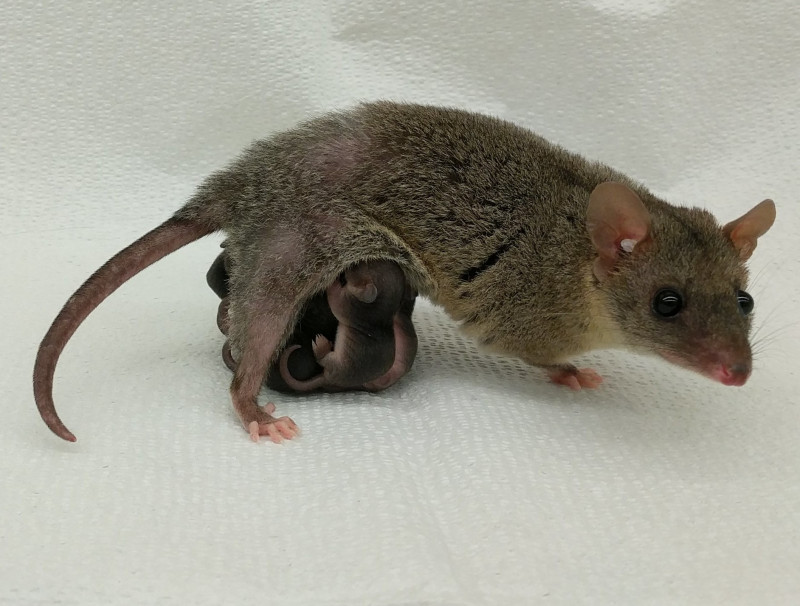News
2025-11-03
Welcoming Pascal Hagolani to the KLI
We are delighted to welcome our new Postdoctoral Fellow, Pascal Hagolani, to the KLI. Pascal is an evolutionary biologist with a robust computational background, focused on advancing our understanding of complex biological systems. At the KLI, Pascal will work on his project, “Urban Evolution,” in which he will develop a comparative framework between urban and biological genotype-phenotype maps (GPMs) and create computational models to investigate urban evolutionary dynamics.
2025-11-02
Common Knowledge Considered as Cause and Effect of Behavioral Modernity
Ronald PLANER (University of Wollongong), 2025-10-23 15:00 (CET). Please join our colloquium via Zoom!
2025-10-29
Outreach: Der “Traumkindergarten“ einer Hirnforscherin’ [translated as: The “Dream Kindergarten” of a Neuroscientist]
Isabella Sarto-Jackson (KLI Executive Manger and Group Leader for Evolution of Cognition), in conversation with Magdalena Schwarz for Austrian weekly newspaper Die Furche, emphasizes the importance of social interactions and play-based learning in Kindergartens, along with the vital role of a loving family for the holistic brain development of young children. The article titled, Der Traumkindergarten“ einer Hirnforscherin’ [translated as The “Dream Kindergarten” of a Neuroscientist) was published online on 13 Oct 2025, and in print as “Meine Traum-Kindergarten” on 16 Oct 2025. (Click on title to read more.)
2025-10-27
New paper: Pelvic shape predisposes for pelvic organ prolapse: a geometric morphometry study
A new clinical study by a team of researchers including Barbara Fischer (KLI Group Leader in Evolutionary Biology), reveals that the shape of a woman’s pelvis may significantly influence her risk of developing postpartum pelvic organ prolapse (POP). These results have the potential to be applied for risk assessment in preventive care. (Click on title to read more.)
2025-10-27
New paper: A causal framework for the drivers of animal social network structure
Understanding animal social networks through behavioral observations has been a challenge to behavioral ecologists due to many factors including non-independent interactions, sampling bias etc. that lead to confounded causal effects. In a recent paper published in PLOS Computational Biology, KLI Fellow Ben Kawam and colleagues present a new analytical framework based on causal inference that provides a more transparent link between empirical observations with theoretical models, and solves common statistical issues with in the analysis of animal social networks. (Click on title to read more.)
2025-10-27
Welcoming Martin Brüne to the KLI
We are happy to welcome Visiting Fellow Martin Brüne to the KLI!
Martin is currently Professor of Psychiatry and Head of the Division of Social Neuropsychiatry and Evolutionary Medicine at the LWL University-Hospital, Ruhr-University Bochum, Germany.
During his fellowship at the KLI from 27 October to 11 November 2025, he will be working on his project, “Evolution in Psychotherapy.”
Here’s wishing Martin a productive time at the KLI!
2025-10-21
New Paper: Norms are relational: cognitive institutions, practices, and the ‘where’ question
This new paper by Enrico Petracca (KLI Senior Fellow) and Shaun Gallagher challenges the post-Northian idea in institutional economics that a norm’s content is physically located in the minds of the agents; rather, Enrico and Gallagher argue that norms are genuinely relational concepts emerging from a practical interaction, and are located in institutional practices. (Click on title to read more.)
2025-10-16
Welcoming Erica Calabretta to the KLI
We are excited to welcome our new Writing-Up Fellow, Erica Calabretta, to the KLI. Erica is an ecologist completing her PhD at the Konrad Lorenz Institute of Ethology, University of Veterinary Medicine Vienna, where she studies how non-breeding ecological conditions affect spring migration in wild birds along the Central Mediterranean corridor. She holds a Bachelor's in Natural Sciences and a Master's in Ecology and Biology from the University of Rome “La Sapienza”. (Click on title to read more.)
2025-10-14
How Darwinian is Darwinian Enough? The Case of Evolution and the Origins of Life
Ludo SCHOENMAKERS (KLI), 2025-10-23 15:00 (CET). Please join our colloquium via Zoom!
2025-10-09
New Publication (Special Issue Review): What is in a Trait? Reconceptualizing Neurodevelopmental Timing by Seizing Insights from Philosophy
In a recent review for a special issue of the European Journal of Neuroscience, Isabella Sarto-Jackson (KLI Executive Manager & Group Leader Evolution of Cognition) highlights the role of philosophy in advancing our understanding of evolutionary biology, especially with the concepts of genes and traits. Isabella advocates that a similar conceptual analysis in neuroscience using a philosophical framework could bring new insights on how genes, environment, and time interact in shaping the human mind. (Click on title to read more.)
2025-10-07
New paper: The Shifting Role and Regulation of the Corpus Luteum in Vertebrate Reproduction: A Synthetic Review
In a recent review paper published in the Quarterly Review of Biology, KLI postdoctoral fellow Silvia Basanta, along with Mihaela Pavlicev, explores endocrinological aspects contributing to the evolution of long gestation length in placental mammals. The authors show how numerous independently evolved traits affect gestation length in different lineages. (Click on title to read more.)
2025-10-07
Biological Theory’s new issue for September is out
Read the editors’ summary of the latest issue 20 (3), with free reading links for all the articles. In this issue we revisit Niels Bohr`s 1932 public lecture “Light and Life” where he discusses the implications of quantum mechanics for biological questions; explore the role of phenotypic plasticity as an evolutionary factor; learn of the incorporation of evolutionary theory in American archaeology; discuss the debate over whether organisms evolve towards greater complexity, with a possible quantitative assessment based on life history strategies. This issue also has a review essay on the book Evolution Evolving. (Click on title to read more.)
2025-10-07
New paper: Evolvability: progress and key questions
A team of evolutionary biologists and theoreticians, including KLI Group Leader for Philosophy Cristina Villegas, and KLI External Faculty members Benedikt Hallgrímsson and Laura Nuño de la Rosa, and led by Christophe Pélabon, has recently published a review article on the notion of evolvability in the journal BioScience. This review article intends to bring the notion of evolvability closer to biologists of all disciplines by summarizing the main progresses made in evolvability research since its emergence in the 1990s, as well as by pointing towards the most salient open lines of evolutionary research that touch upon it. (Click on title to read more.)
2025-10-03
Welcoming Ronald Planer to the KLI
We are happy to welcome our new Visiting Fellow Ronald Planer to the KLI. Ronald is currently a Lecturer in the School of Liberal Arts at the University of Wollongong, Australia. He will be with us at the KLI from 1st Oct to 23rd Dec 2025. (Click on title to read more.)
2025-10-03
Welcoming Liberty Severs to the KLI
We are very happy to welcome our new Writing-up Fellow Liberty Severs. Liberty is a philosopher and cognitive scientist, currently pursuing her PhD degree from the University of Lisbon. Her research interest lies in understanding the concept of agency and how it can be studied across diverse systems, from unicellular organisms to humans and artificial agents. (Click on title to read more.)
2025-10-01
Report: 44th Altenberg Workshop in Theoretical Biology - Measuring Development and Evolution of Form
The 44th Altenberg Workshop in Theoretical Biology on “Measuring Development and Evolution of Form” was held at the KLI from September 16 to 19, 2025, and was organized by Philipp Gunz (Max Planck Institute for Evolutionary Anthropology, Leipzig), Philipp Mitteröcker (University of Vienna and KLI), and Katrin Schäfer (University of Vienna). The workshop brought together experts in morphometrics, evolutionary biology, anthropology, and related fields to discuss conceptual and methodological advances in measuring biological form, as well as its developmental and evolutionary dynamics.
2025-09-30
Vienna, the Laboratory of Modernity
Richard COCKETT (Institute for Advanced Study, Princeton) October 14, 2025, 15:00 (CET). Please join our colloquium via Zoom!
2025-09-29
Welcoming Richard Gawne to the KLI
We are happy to welcome back Richard Gawne as Visiting Fellow to the KLI. Rick is an evolutionary developmental biologist and an alumnus of KLI. He is currently working as Curator of Natural History at the Nevada State Museum, Las Vegas. At the KLI, from 1 to 30 September 2025, Richard will be working on his project titled: “Wing Size and Shape as Mechanisms of Evolvability in Lepidopteran Color Patterns.” (Click on title to read more.)
2025-09-22
A Dynamic Canvas Model of Butterfly and Moth Color Patterns
Richard GAWNE (Nevada State Museum) September 25, 2025, 15:00 (CET). Please join our colloquium via Zoom!
2025-09-10
New paper: Cell type and cell signalling innovations underlying mammalian pregnancy
In a new study, published in Nature Ecology and Evolution, co-lead authors Daniel Stadtmauer (KLI alumnus) and Silvia Basanta (KLI Postdoc Fellow), along with colleagues from the University of Vienna, Yale University, and the University of Nevada, Las Vegas, investigate cell signalling networks in the fetal-maternal interface, and reveal new insights into our current understanding of the co-evolution of fetal and maternal cell types to facilitate pregnancy. (Click on title to read more.)


